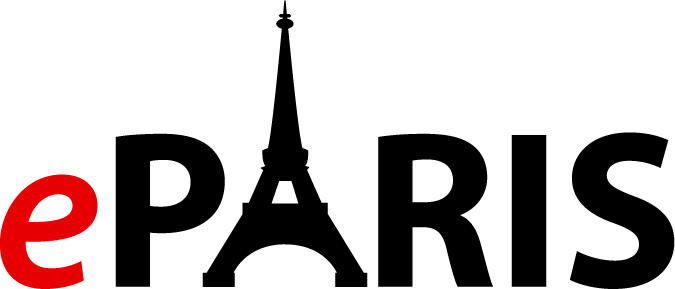Travel Advice Paris
Whether it’s your first time visiting Paris, or you’re a long time lover of the city, travel advice is always useful. You can never have enough insight into what to expect. While planning your Parisian holiday, you’ll have to make decisions on the time of year to travel, the best and most affordable airline and hotel to suit your needs, and how you’re going to spend your time in the city. Choosing your primary mode of transport and figuring out just how much money you’ll need for your stay can be tricky, but with the right travel advice you’ll definitely make the right choices.
Language
The first piece of advice is also the most obvious, and that’s learning some key French terms. If you studied French in high school, a trip to Paris is the perfect way to dust off your language skills. Being able to communicate with the locals can play a huge part in the quality of your experience. The best phrase you can learn if you don’t intend to delve too deeply into the language is how to say “Do you speak English?” Some other key phrases you should know aside from the standard “Bonjour” relate to the availability and cost of items. Most importantly you should be able to communicate any allergies, food or otherwise, to the right person. Many people working in the hospitality industry speak English, but learning a little French can go a long way in enhancing your Paris experience.
If you plan on visiting museums while in Paris, you should visit the local tourist offices to ask about any day passes or combination museum tours available. These tourist offices usually charge a small fee for their services, but the perks are well worth it. The employees will usually speak English, and can give you advice on other tourist attractions in the area. If you’re purchasing museum tickets, ask whether there are any special entrances with shorter lines at the museum so you can avoid a long wait. Don’t assume that the opening and closing hours of every museum are the same. Some are open late a few nights a week, so you can also consider visiting after peak hours, for a more personal experience.
Transportation
Getting from place to place in Paris can seem daunting if you’ve never experienced life in a European city, but the metro is very easy to use. You can get from place to place very easily, with many stops near the city’s most famous attractions. The metro is equipped with automated ticket machines that feature different languages and will guide you through the ticket purchasing process quite efficiently. Observe standard safety precautions while using the metro, and avoid leaving your bags unattended. If your budget allows, a cab may be an option, but the cost can quickly add up. Transport from your hotel to the airport doesn’t have to be a headache either, as there are buses available approximately every quarter of an hour, and the cost is around ten euros per person. Of course, for sightseeing, an open top bus or a boat tour of the Seine is a great way to experience Paris, and is usually quite affordable.
Currency
Travelers checks and credit cards are a safe and effective way to fund your activities in Paris, but there are times when you’ll need cash. Visiting one of the many ATMs around the city can seem intimidating, but the process is as simple as you’d imagine. A word of advice on paying with your credit card, its always better to pay in the country’s currency rather than in your own, since there most likely will be charges that you won’t be informed of in advance. Limiting the amount of cash you carry on your person, and taking care not to bring unwanted attention to your wallet or purse can lessen the incidence of you becoming a victim of petty crime.
Crime
Many people travel to Paris and don’t encounter any crime, but it’s always best to be on the safe side. Basic but extremely useful advice regarding your personal effects includes always keeping your handbag or backpack zippered, secured with a small lock if possible, and held close to your body at all times. You can also find money bags that can be strapped under a shirt or jacket for important documents such as your passport, return tickets, cards and money if you’re wary of leaving those at your hotel. If you’re approached by people with petitions and other documents asking for signatures, or street people asking for money its best to avoid interacting with them. Not everyone will pose a threat, but its better to err on the side of caution when traveling abroad. Aggressive vendors can also pose a problem, so if you think you’re being haggled into parting with your money and you’re not comfortable, remove yourself from the situation as soon as possible. Don’t worry about being rude, at the end of the day your safety and peace of mind are more important than a stranger’s impression of you.
Shopping
If you’re planning on shopping in Paris, make sure you don’t end up buying extra luggage while you’re there. Instead, bring along one or two collapsible suitcases to stow your finds in. Be sure to save your receipts for customs officials, this will make the whole process easier when it’s time to head back home. Be wary of deals that seem too good to be true, most times they are just that. Tourist souvenir shops make their money from unsuspecting visitors who aren’t exactly sure what they should pay for a mini Eiffel tower or Arch de Triomphe, so look around for the best bargain before you buy. Clothing boutiques and other high end stores can be tempting, but unless you’re looking for genuine designer handbags and clothing, checking out local artisan markets and fairs can save you a bundle. With some creativity and patience, you’ll find gifts for your friends and family back home that will be sure to impress.


